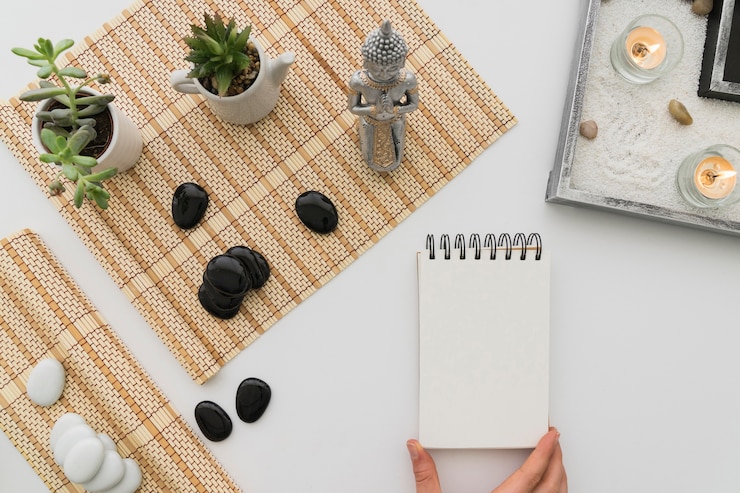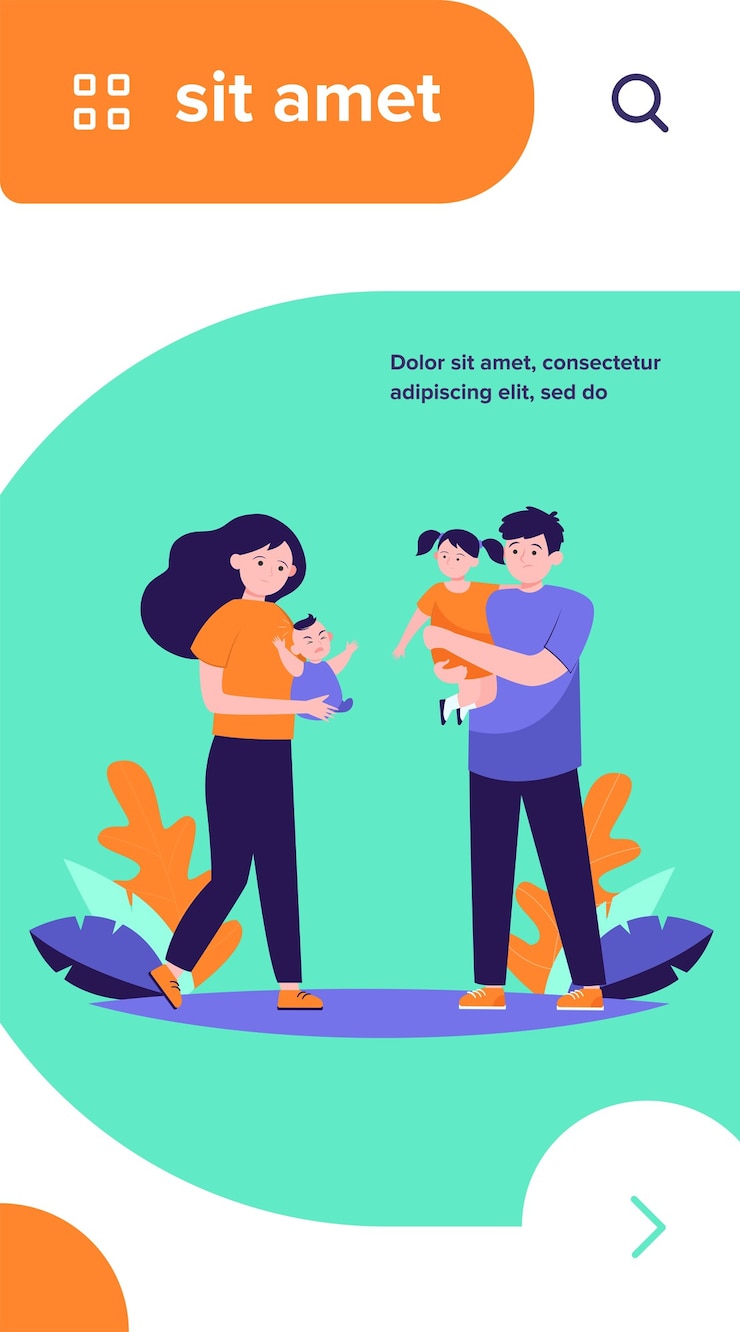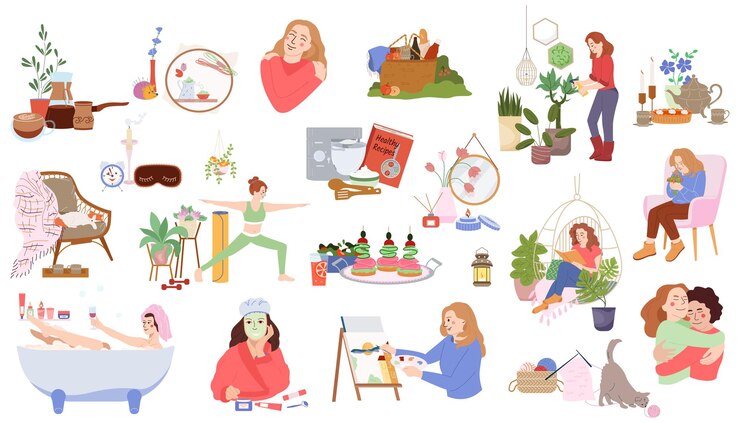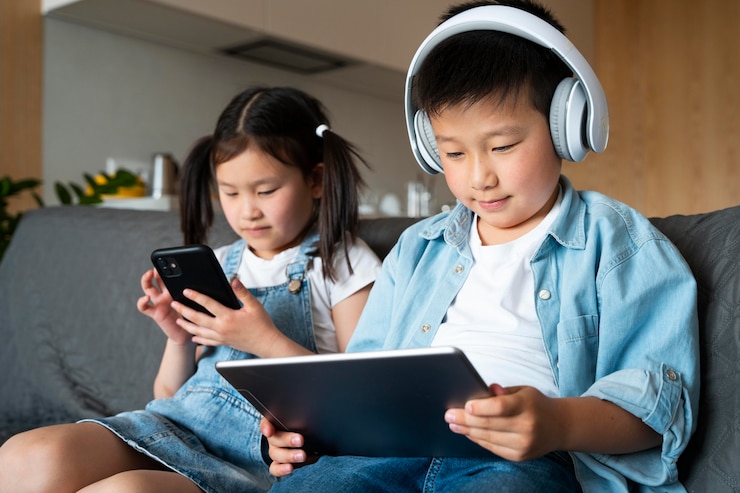
**Inside Scoop: A Child Therapist’s Favorite Tools for Mindfulness with Kids**
Discover effective mindfulness techniques that can help your child improve focus, manage anxiety, and regulate emotions.
**Benefits of Mindfulness for Kids**
Mindfulness offers numerous benefits for children: it can boost focus, enhance self-control, improve mood, lead to better sleep, and reduce anxiety. But many parents wonder how to actually practice mindfulness with their kids.
Mindfulness involves being fully present in the moment and accepting things as they are. This approach can feel quite different from our usual hurried, chaotic routines, where we rush from one task to the next, often driven by our subconscious or emotional brain.
By practicing mindfulness, children can engage their thinking brain (the prefrontal cortex), which is responsible for developing important skills essential for emotional stability and functioning well in life.
From my experience as a therapist and a parent, I’ve tried many tools and want to share some of my top picks that make mindfulness with kids easy and fun.
**Two Ways to Practice Mindfulness with Children:**
1. **Acutely:** Use mindfulness techniques in the moment, such as during transitions or emotional meltdowns, to help calm emotions.
2. **Preventatively:** Practice mindfulness regularly, aiming for at least once a day, to maintain low stress levels—ideal for children prone to anxiety or strong emotions.
Both approaches effectively calm the body’s stress response and activate that wonderful prefrontal cortex where maturity blooms!
With the abundant research supporting the benefits of mindfulness for kids, many fantastic products are available. Different practices may appeal to different children. Here are some highly recommended options from my home and therapy practice:
– **Mindfulness Flashcards:** These cards offer diverse practices in five categories to suit your child’s mood: start your day, find calm, focus, open your heart, and rest and relax. The engaging illustrations and perfect length are suitable for kids aged 3-12.
– **Sensory Tools:** Simple visually engaging toys can draw a child’s focus gently and calmly, like these beautiful glitter wands that encourage attention and engage the prefrontal cortex.
– **Mindfulness Book and CD:** A delightful book with guided meditation CDs explains mindfulness benefits and provides plenty of enjoyable meditations for children. A good starting point is “Sitting Still Like a Frog.”
– **Essential Oils:** Fragrances like lavender or lemon help children stay present by invoking their sense of smell, which is tied to brain areas that manage emotions. They also promote deep, calming breaths, which significantly regulate emotions.
– **Apps for Guided Meditations:** For ages 3-12, “Stop, Breathe & Think Kids” offers guided meditations via a user-friendly free app. It encourages emotional awareness and includes short, research-backed mindfulness practices.
– **Mindfulness without Screens:** The “Insight Timer” app provides free guided meditations and relaxation sounds, perfect for older kids or screen-free households. It offers a vast collection of practices worth exploring.
– **Mindfulness through Yoga:** Yoga helps children focus on bodily sensations, shifting them away from stress responses. “Yoga Pretzels” cards are a great start, and “Cosmic Kids Yoga” on YouTube is also highly recommended.
– **Understanding Mind-Body Connection:** “Listening to My Body” by Gabi Garcia provides valuable insights into how physical sensations relate to emotions, aiding in emotional regulation.
– **Introductory Mindfulness Book:** “Breathe Like a Bear” is a beautifully illustrated collection of mindfulness exercises for kids, teaching techniques for managing their bodies, breath, and emotions.
Mindfulness helps children tap into their natural ability to be present. It’s easy to get caught up in today’s fast-paced culture, but mindfulness remains a powerful tool for developing focus, self-control, and emotional health both now and in adulthood.
**Free Resource Available**
This post includes a printable list of mindfulness activities that you can easily access for a quick “reset” whenever needed.
**Empower Your Child with Life Skills**
Join 30,000 other parents who subscribe to the “Parents with Confidence” weekly email newsletter. Receive a free 5-day email parenting course and learn:
– The best way to protect your child’s self-esteem
– How to gain your child’s cooperation
– The most valuable skill a child can have for the future
– How to discipline without causing emotional harm
Join now, and get your eCourse for free! We respect your privacy and promise no spam. Unsubscribe any time. Built with care for intentional parents like you.



